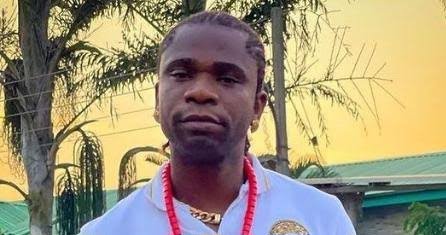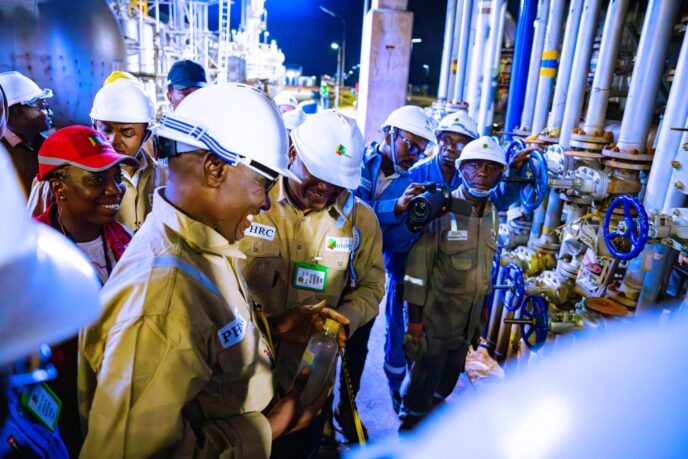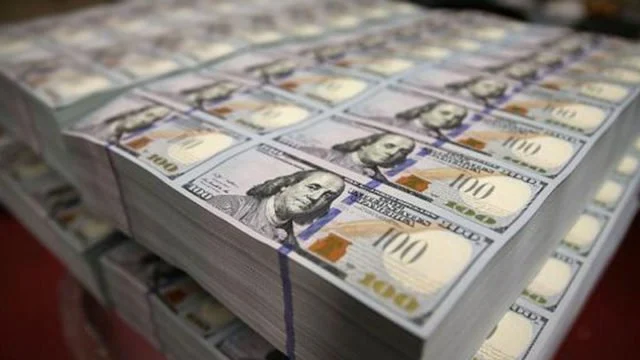The Nigerian National Petroleum Company (NNPC) Limited failed to return its required funding to the Federation Account, which is jointly controlled by the federal, state, and local governments, in January 2022, despite increased worldwide oil prices.
The national oil corporation (NOC) was unable to deliver a kobo to the joint account for the second time in less than a year, following the same incident in April of last year, when the firm claimed zero remittance for the month.
Furthermore, according to a paper documenting NNPC’s actions for the month under review, which was given to the Federation Account Allocation Committee (FAAC) on Thursday, the NOC spent a whopping N210.38 billion on fuel subsidy for the month.
Recall that with a deficit of approximately N2 trillion out of its projected N2.511 trillion, the NNPC was unable to remit roughly 80 percent of its projected contribution to the Federation Account in 2021.
For the entire 12 months of last year, the NNPC disbursed N542 billion as against the budgeted N2.511 trillion, despite a monthly contribution estimate of N209.3 billion. The N542 billion represented just about 21. 6 percent of the total expected contribution of the NNPC to the joint account.
The development underscored how a combination of factors, including declining oil production, rising subsidy payments, and high oil production costs, have hobbled the organization’s performance despite the increasing oil prices which overshot $105 per barrel last week.
Earlier in the year, President Muhammadu Buhari had backtracked on the planned full deregulation of the downstream sector, including the wholesale removal of petrol subsidy, citing the negative impact it would have on the poor in the country.
For decades, Nigeria’s attempt to fully free the downstream oil and gas industry has met with a brick wall. The latest effort has also been pushed forward by about 18 months, effectively exempting the current administration which will exit by May 2023 from any burden.
Analysis in January 2022, had shown that total deductions for petrol subsidy or what the government terms under-recovery was about N1.43 trillion for 2021.
The journey to zero remittance in January was envisaged by close watchers of the industry as the NNPC only delivered a paltry N14.8 billion, N10.54 billion, and N20 billion in October, November, and December respectively last year.
In December, the three tiers of government shared N675.946 billion as FAAC revenue for the month of November while in January, it shared N699.82 billion for December.
But the total funds shared in February markedly decreased to N574.66 billion, raising concerns over the capacity of sub-nationals to meet their current financial obligations.
The amount shared by the federal, state, and local governments dropped to a four-year low this month, a huge blow to states that are already struggling to survive.
But in the latest monthly presentation to FAAC held on February 24, obtained by TheCable, NNPC pointed out that the N210 billion shortfall included a December 2021 value of N176.48 billion plus the outstanding value shortfall recovery of N33.90 billion accruing from 2021.
Furthermore, the oil firm stated that it would deduct N242.5 billion, which was about N143.7 billion for January 2022 recovery and November spot arrears of N98.8 billion, during next month’s FAAC meeting. It, however, stated that the national oil company recorded N383 billion as gross revenue from crude oil sales in January, a dip from the projected N414.9 billion.
The fall would significantly negatively affect states that are presently experiencing fiscal stress and had been kicking against deductions of the shortfall from FAAC remittances.
While an ad-hoc committee of the National Economic Council (NEC) had recommended gradual deregulation of petrol prices by February 2022 to reduce the pressure on revenue accruing to states, recently Buhari asked the National Assembly to approve the N2.557 trillion budget for petrol subsidy in 2022.
Meanwhile, the Organisation of Petroleum Exporting Countries (OPEC) and its allies OPEC+ have revised down forecast for the 2022 oil market surplus by about 200,000 barrels per day (BPD) to 1.1 million BPD, according to a base scenario in a technical committee report seen by Reuters on Sunday.
The data which is part of a report the Joint Technical Committee (JTC) prepares for OPEC+ ministers – also showed stocks in the developed world standing at 62 million barrels below the 2015 to 2019 average by the end of the year.
In a previous forecast, it had predicted the stocks would reach 20 million barrels above the same average by that point.
Ministers from OPEC and allies led by Russia, a group known as OPEC+, will meet on March 2 to decide whether to increase output by 400,000 BPD in April.
Sources from the group told Reuters their output deal is showing no cracks so far after Russia’s invasion of Ukraine, and the group is likely to stick to a planned output rise despite crude topping $100 a barrel.
Data from a separate JTC report also showed the group produced in January 972,000 BPD less than the targets outlined by the deal, compared with 824,000 less in December.

 BIG STORY4 days ago
BIG STORY4 days ago
 BIG STORY2 days ago
BIG STORY2 days ago
 BIG STORY4 days ago
BIG STORY4 days ago
 BIG STORY2 days ago
BIG STORY2 days ago
 BIG STORY2 days ago
BIG STORY2 days ago
 BIG STORY23 hours ago
BIG STORY23 hours ago
 BIG STORY4 days ago
BIG STORY4 days ago
 BIG STORY2 days ago
BIG STORY2 days ago
























